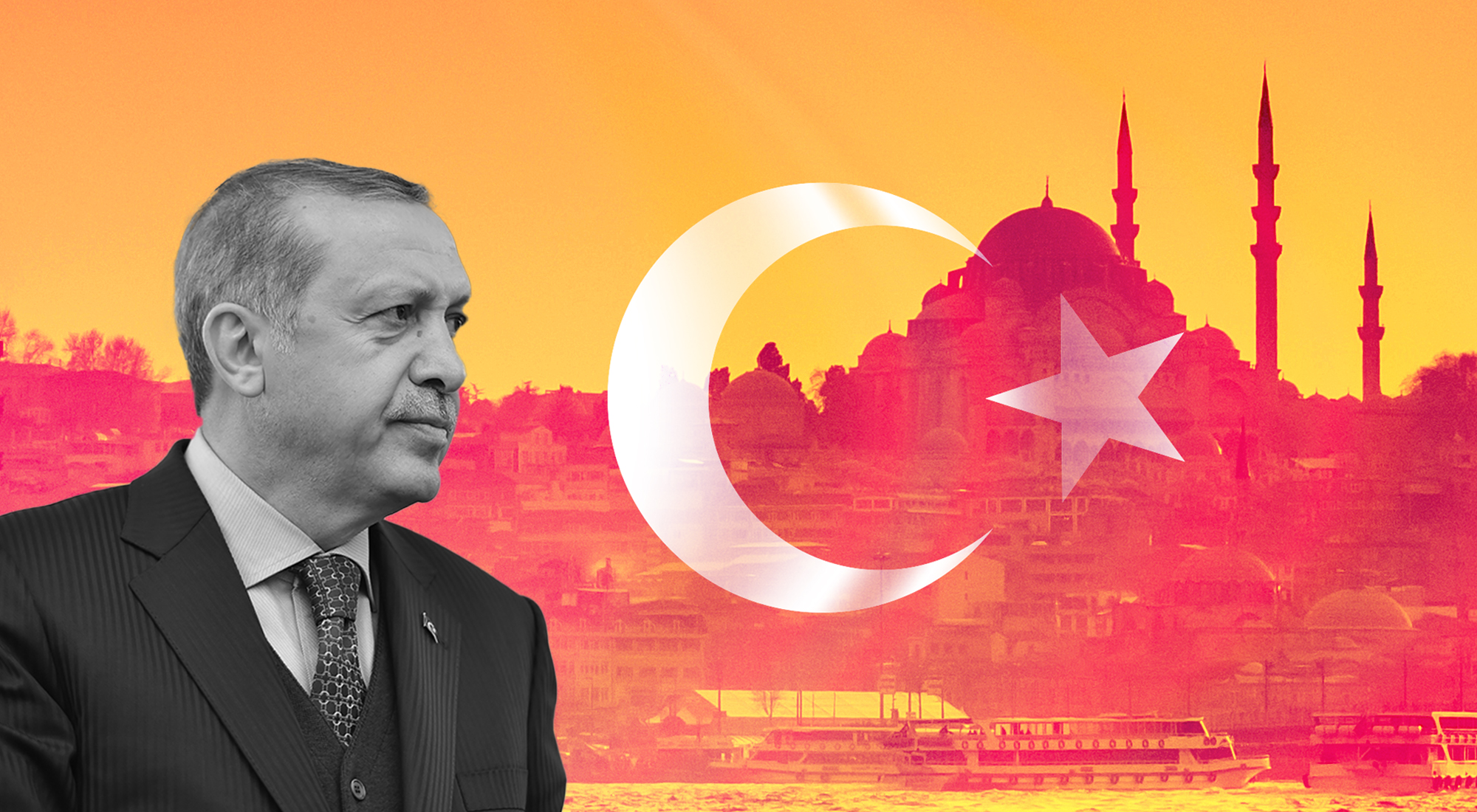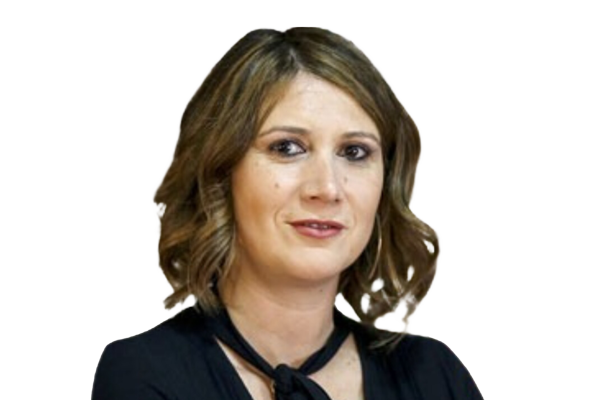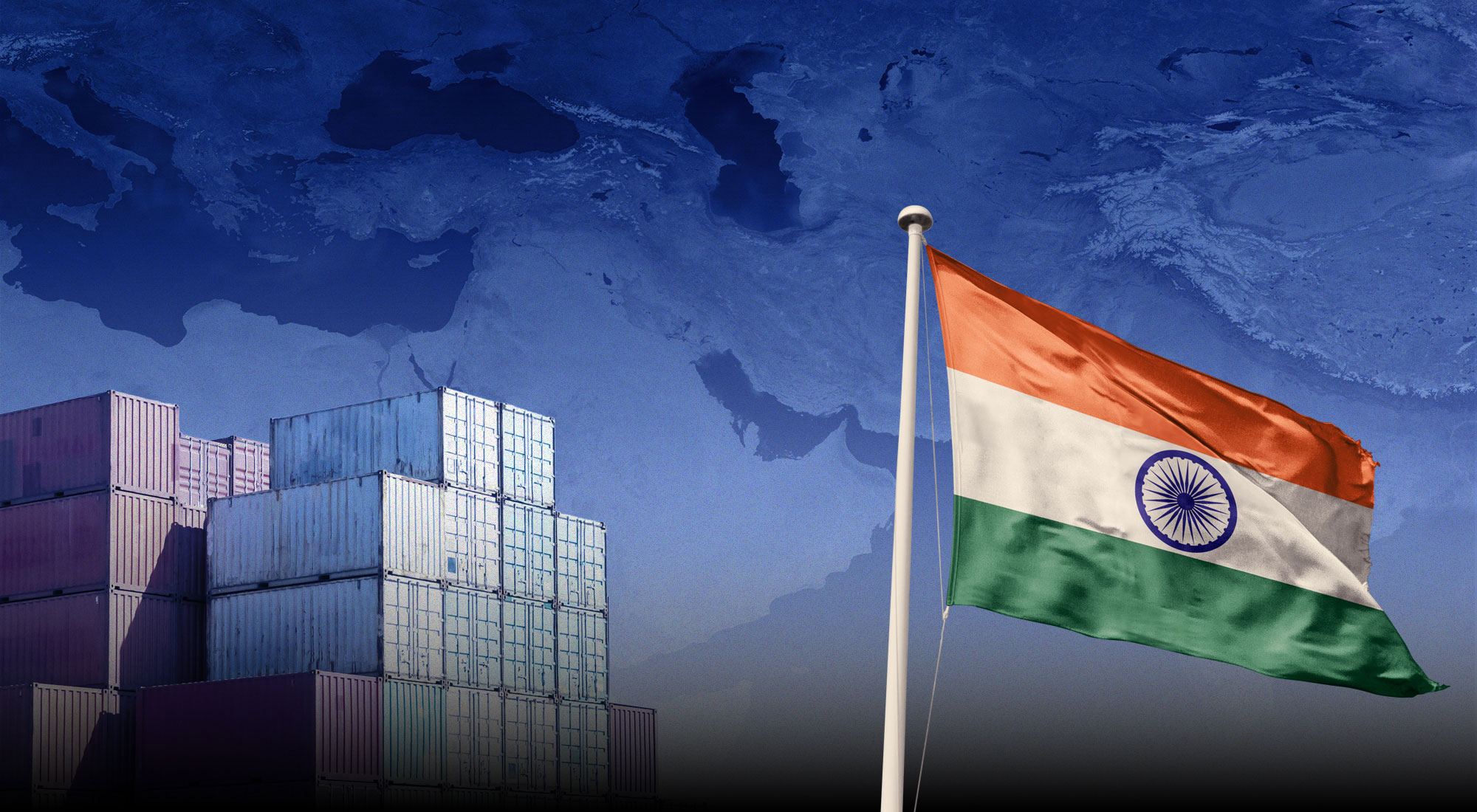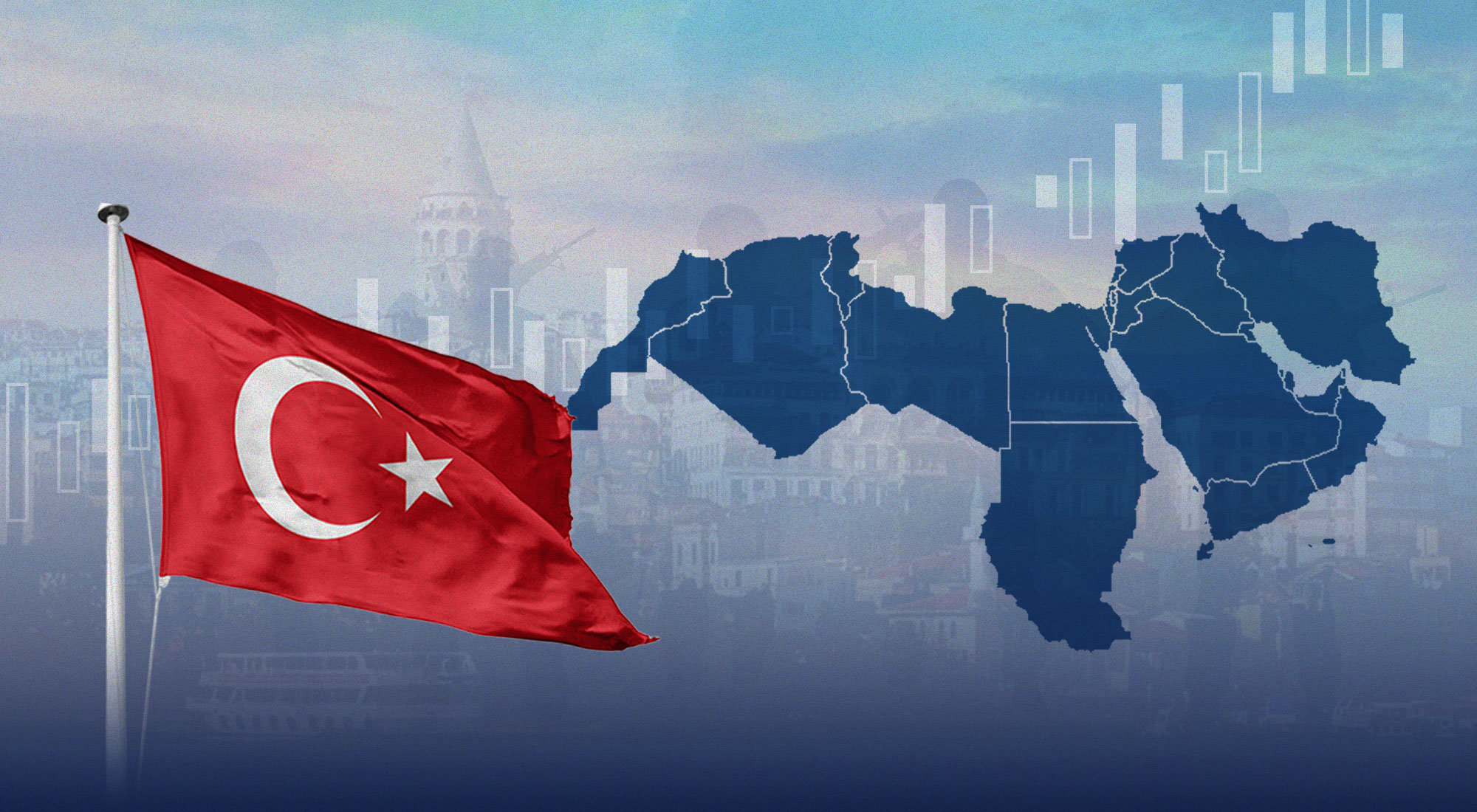Introduction
The 28 May 2023 elections marked a turning point in Türkiye’s recent politics. In the historic run-off, Recep Tayyip Erdoğan was re-elected President of the Republic of Türkiye with 52.19% of popular support, obtaining 2.5 million votes more than his opponent Kemal Kılıçdaroğlu (47.84%). Expectations for the 2023 general and presidential elections had been extremely high as 2023 marks the centenary of the foundation of the modern Republic of Türkiye as conceived by the founding father Mustafa Kemal Atatürk – thus having a large symbolic charge – but above all because the call to the polls was to decide the country’s direction toward either “continuity” or “regime change”.
Erdoğan has been in power with his Ak Parti (AKP) since 2002, first as Prime Minister, then as President since 2014, and as head of the presidential system of government since 2018. The main challenge to Erdoğan was the so-called “Table of Six”, a fragmented opposition comprised of six parties (Cumhuriyet Halk Partisi (CHP), İyi Parti, Deva Partisi, Gelecek Partisi, Saadet Partisi, and Demokrat Parti), which were to some extent cohesive in their goal to defeat Erdoğan and promote political change. However, while failing to oust the AKP and its allies from the parliamentary majority, the opposition managed to hinder the reappointment of the incumbent President in the first round of the elections.
From the first round to the run-off
President Erdoğan has reconfirmed his power within a presidential system in line with his motto “New and Strong Türkiye”, which is aimed at making Türkiye a regional power “free from foreign interference.”[1] Since his ascent to the presidency in 2014, Erdoğan has sought to forge a new generation of Turks imbued with religiously conservative and mostly nationalist values. This is a project that has strengthened over time thanks to his personal interpretation of power, fully exercised within a presidential executive system launched in 2018.
On the other hand, the opposition, led by the head of the CHP Kemal Kılıçdaroğlu, has been able to reorganize itself, bringing together parties with different traditions and ideologies with the sole goal of defeating Erdoğan and “restoring a parliamentary system along a just interpretation of the rule of law.”[2] While Erdoğan focused on the idea of continuity in infrastructural development and services offered, with constant references to a “rally around the flag” campaign, the strengthening of the Turkish nation, and development of the defense system, Kılıçdaroğlu and his allies advocated for a more democratic and inclusive Türkiye.
Kılıçdaroğlu was often depicted at home engaged in daily life activities, projecting the image of a moderate leader, breaking with Erdoğan’s effigy of a man of the masses, who appeared more recently in military uniform. This is a symbolism that has certainly paid off in terms of popular support to the incumbent President, while Kılıçdaroğlu is still seen as a figure detached from the masses and with an elitist approach. Although the pre-election polls had indicated a neck-on-neck race between the two main presidential candidates, the results that came out of the polls on May 14 – while confirming Erdoğan’s clear advantage (49.5%) over Kılıçdaroğlu (44.6%) – were not enough for him to win in the first round. This is due to the electoral law that establishes absolute majority (above 50%) as a must.
Erdoğan’s traditional electoral base consisted of the more conservative Anatolian provinces, while Kılıçdaroğlu garnered the support of Türkiye’s largest cities, such as Ankara, Istanbul, and Izmir, as well as the country’s coastal areas.[3] The Kurdish-majority areas of southeastern Anatolia also favored the CHP leader to Erdoğan, a choice attributable to the public endorsement of the pro-Kurdish parties, Halkların Demokratik Partisi (HDP) and Yeşil Sol Parti, who opted to support Kılıçdaroğlu by not presenting its own candidate. However, what came as a big surprise was that, despite the widespread criticism after the earthquake on 6 February 2023 – which was dubbed “the disaster of the century” – Erdoğan emerged victorious even in the areas most affected by the earthquake.
Evidently, the ability to communicate to the masses and offer services in the most afflicted areas, such as reconstruction works and temporary housing, combined with the ideological component, has paid off for Erdoğan. In this regard, it should be noted that Erdoğan and his party have created a very strong state apparatus and an extremely effective clientele network, which acts as a connection agency between the social base and the center of power, thus capable of channeling requests coming from below to facilitate the degree of responsiveness of the government.[4]
However, it would be simplistic to reduce the analysis of the presidential race in the first round only to the rivalry between Erdoğan and Kılıçdaroğlu. In addition to these two rivals, there was a third candidate, Sinan Oğan, leader of the ATA nationalist alliance, who obtained only around 5% support in the first round on 14 May, thus underlining that nationalism in Türkiye runs deep and that national pride was the golden thread of these elections. In view of the run-off, Oğan, perceived as a kingmaker, met with both Kılıçdaroğlu and Erdoğan, both of whom were intent on attracting Oğan to their respective political camps. During a press conference on 22 May, Oğan declared that he would support Erdoğan, favoring “continuity and stability” as opposed to change and uncertainty.[5]
Another candidate, Muharrem İnce, leader of Memleket Partisi, resigned three days before the first round. İnce is certainly a controversial character: he initially served in the ranks of CHP and then presented himself as the main opponent to Erdoğan in the 2018 presidential elections, without success, increasingly placing himself in contrast with the leadership of CHP while openly criticizing Kılıçdaroğlu. After İnce withdrew from the elections,[6] most of his sympathizers seem to have shifted their support to Erdoğan, contributing to the consolidation of his personal electoral base.
Nationalism: The golden thread of the elections
The elections were driven by trust and loyalty to a strong leader rather than by the issues of the rule of law, freedoms, and economy. The electoral map of Türkiye remained almost unchanged between the first and second rounds, with the only exception being the province of Hatay, which voted in majority for Erdoğan. About a week before the run-off elections, Erdoğan visited the area to inaugurate Defne State Hospital, which was rebuilt from scratch in about three months, after it was destroyed in the devastating earthquake of 6 February.[7] This was a propaganda of service to the people and it paid off for Erdoğan in terms of votes. The preference granted to Erdoğan, both in the first round and in the run-off, is also based on the promises of stability, security, defense, and unity of the state, while the opposition, endorsed by the Kurds and left-wing, was mainly perceived as a “supporter of terrorism”.[8] The importance of nationalism and self-perception of Türkiye as an independent power were the main driving elements of Erdoğan’s campaign, while Kılıçdaroğlu was observed to have changed his rhetoric in the interim period between the first and second rounds.
The question of Syrians and their repatriation also became a hot issue and while Kılıçdaroğlu showed a more extreme approach under the slogan “Suriyeliler Gidecek” (Syrians will leave), Erdoğan and his allies supported the “voluntary return” of Syrian refugees and the securing of border areas.[9] Nationalism was, indeed, the main thread of this campaign, linking both the government coalition and the opposition alliance, albeit at different degrees. The electoral propaganda was also characterized by direct accusations among opponents, with the clear intention of addressing the voters of the recently dissolved ATA Alliance. Kemal Kılıçdaroğlu attempted to win votes from anti-immigration circles using an aggressive nationalist overtone and a new, much more combative approach against both the government and immigrants, which was almost absent in the electoral campaign in the run-up to the first round. This shift in perspective is quite surprising especially when compared with his initial campaign, which emanated peaceful tones aimed primarily at overcoming sectarian divisions and at building a new political course for Türkiye. The new ‘catch-all’ strategy was perceived as a sort of mastery of acrobatics to attract both the left-wing Kurds, which had reaffirmed their support for the second round, and anti-AKP right-wing nationalists.
The electoral campaign of both candidates consisted of frontal attacks, which is certainly not a new element in the political rhetoric of the country, but it underlines once again how crucial these elections were for the future of Türkiye. The elections were very heartfelt and reflected in the high turnout at the polls, which was 89% in the first round – though this dropped to 85.6% in the second round. This was perhaps a symptom of the disillusionment on the electorate’s part, likely due to the opposition’s increasing nationalist rhetoric that opposition supporters could no longer identify with.[10]
A strong and resilient leader, but many challenges ahead
Erdoğan remains a strong and resilient leader, despite his twenty-one years in power in a context of domestic and regional crises and upheavals, but he faces many thorny issues. In his speech to the nation from the presidential palace in Ankara on the night of 28 May, the President underlined how this was “the victory of the entire nation of 85 million Turks” and stressed the need for “unity to walk together, face challenges and develop policies.”[11] Erdoğan’s rhetoric, however, is characterized by a monolithic vision of society based on conservative-nationalist values, which in some respects excludes those who do not agree with those values. Nowadays, political cleavages in Türkiye are deep, as demonstrated by the opposition line-up whose main denominator is criticism against the pro-Erdoğan axis.
Traditionally, political-social fractures in Türkiye had taken place in a highly polarized context on the main axis of religion-secularism and the center-periphery of the system. The religion-secularism dichotomy was a congenital aspect of political dynamics, which for a long time, even during the AKP era in Turkish politics, had dominated party policies. Political polarization, however, has been more recently accompanied by further fracture lines of different matrices that have contributed to transforming the political preferences of citizens. In addition to traditional cleavages, one of which is the division between the strong central authority of the state and those who call for the right to self-determination/autonomy, such as the supporters of Kurdish separatism, a new and deep rift has emerged in recent years between the supporters and opponents of the President. Back in 2018, in the light of the elections that would see the country switch to an executive presidential system, opposition parties formed an instrumental alliance to tame the hegemonic ambitions of the President. The Nation Alliance – a coalition between the CHP, the nationalist İyi Parti, and the Islamist Saadet Partisi – was in fact the result of a widespread discontent with Erdoğan. The goal of this coalition was to depolarize Turkish politics, restore the rule of law, and revert to the parliamentary system.
In this spirit, the traditional fault lines of religion-secularism and center-periphery dichotomies have evolved into the “for-against Erdoğan” cleavage. In a presidential system, such as that of Türkiye, where checks and balances are weak and the President enjoys control over the public sphere, serious gaps have emerged in terms of the rule of law and democratic maturity, with the aggravating effect that many of these dysfunctionalities have become systemic. Over the last five years, the political life of Türkiye has been dominated by the President, who has managed internal and regional affairs with a personalist approach. At the same time, the distance between the center of authority and civil society has also widened, increasing the gap between the demands of the country’s citizens and proposed policies, which has contributed to growing social discontent. This is a rift that, despite Erdoğan’s most recent success, seems destined to persist over time.
While Kılıçdaroğlu has made clear that he will not resign from his alliance or his party, and that he “will continue to lead and struggle for democracy,”[12] Erdoğan will have to deal with not only the idea of succession in the long term, but also the more immediate urgencies such as economic recovery. Although the country’s economy continues to grow, the inflation rate has reached exponential figures, surpassing 85% on an annual basis, which has caused a snow-ball effect on prices. Combined with the dizzying depreciation of the Turkish lira against the dollar and euro, this has led to increased social discontent.
Apart from internal polarization and economic stress, challenges awaiting Erdoğan’s Türkiye also include foreign relations in the region. The elections took place amid a wave of regional normalization of ties that involved Israel, the UAE, and Bahrain, as well as Egypt and Syria. These relations are crucial in that they impact regional stability and security, including energy and economics, so Türkiye will need to navigate these relations carefully. In a delicate balancing act, Ankara has already set itself up as the main broker of the grain deal between Russia and Ukraine. There is no doubt that Türkiye’s stability is closely linked to the stability of the region. Thus, it needs to construct positive relationships with its partners, including the U.S., with which negotiations for the acquisition of F-16s seem to be linked to Sweden’s bid for NATO membership, which Ankara has so far vetoed.[13] Türkiye has opted for political continuity in the elections. The main concern now is sustainability of its domestic and international policies.
Conclusion
Erdoğan’s landslide victory in the historic 28 May elections has determined the future path of Türkiye, which will be based on a much more conservative and nationalist political understanding than in the past. Despite his twenty-one years in power and the serious challenges Türkiye has had to cope with, Erdoğan has proved to be a resilient and responsive president. Besides his capacity to address the masses, Erdoğan has brought a significant degree of pride to Türkiye, both from a domestic and international point of view. The idea of a “Strong Türkiye” and the concept of building the “Axis of Türkiye” are indeed aimed at protecting national interests and security while also addressing geopolitical challenges in a region characterized by instability.
On the other hand, the opposition has succeeded in consolidating demands for a reset to the parliamentary system, albeit with many difficulties. Although it achieved a certain degree of success by pulling a considerable number of votes, it seems destined to dissolve in the aftermath of its failure to win the elections. Some parties, such as İyi Parti, have already declared that the Nation Alliance has come to an end with the elections. The feeling of frustration and disappointment has also been felt in other factions of the Alliance, including the Kurdish groups. This fractured opposition will now have to deal with a government that has emerged stronger from the elections. Erdoğan’s victory on 28 May is set to usher in a new political era based on continuity, pride, and a majoritarian interpretation of politics.
References[1] Presidency of the Republic of Türkiye, “2023, yeni vizyonumuz Türkiye Yüzyılı’nın başlangıcıdır,’’ January 18, 2023, http://bitly.ws/HbiP.
[2] Suzan Fraser, “Turkey’s Opposition Vows More Democratic If It Wins the Elections,” AP News, January 30, 2023, http://bitly.ws/Hbjd.
[3] Lauren Leatherby, “Turkey Election Maps: Why Erdogan Is Headed for a Run-off,” New York Times, May 15, 2023, http://bitly.ws/Hbjx.
[4] Valeria Giannotta, Erdoğan e il suo partito: AKP tra conservatorismo e riformismo (Castelvecchi, 2018).
[5] “Sinan Ogan Endorses Erdogan in Turkey’s Presidential Run-off,” Aljazeera, May 22, 2023, http://bitly.ws/HbkM.
[6] Andrew Wilks, “Days Ahead of Vote, Ince Withdraws from Turkey Presidential Race,” Aljazeera, May 11, 2023, http://bitly.ws/HZMa.
[7] Presidency of the Republic of Türkiye – Directorate of Communications, “President Erdoğan Visits Defne State Hospital in Hatay,” May 21, 2023, http://bitly.ws/HbnT.
[8] “Turkish Election: Erdogan and Kemal Kılıçdaroglu Clash in Final Push for Vote,” BBC News, May 26, 2023, http://bitly.ws/Hboo.
[9] “’Suriyeliler gidecek’ söylemi sığınmacıları nasıl etkiliyor? Euronews, May 26, 2023, http://bitly.ws/Hbp8.
[10] “Five Key Takeaways from Turkey’s Pivotal Elections,” AlJazeera, May 29, 2023, http://bitly.ws/Hbrv.
[11] “President Recep Tayyip Erdogan Addresses Supporters during His Customary Balcony Speech,” Haber Lütfen [Video], May 28, 2023, http://bitly.ws/Hbsj.
[12] Jonathan Spicer and Huseyin Hayatsever, “Turkey’s Kilicdaroglu Faces the Heat after Election Loss to Erdogan,” Reuters, May 29, 2023, http://bitly.ws/HyNp.
[13] Steve Holland and Humeyra Pamuk, “Biden Says He and Erdogan Talked about F-16s, Sweden’s NATO Bid,” Reuters, May 30, 2023, http://bitly.ws/Hbtn.








